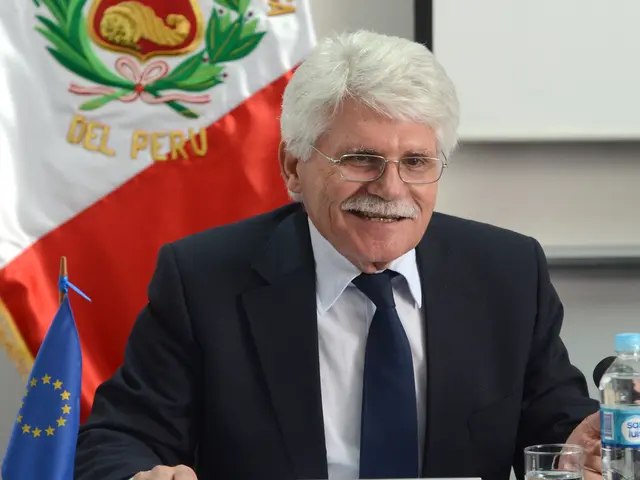Understanding the Influence of Religion on Economic Decisions and Actions
In a world where economic activities intertwine with social structures, religious ethics and institutions have proven to be significant players in shaping economic behavior. From ancient civilizations to modern developed nations, religious beliefs and organizations have wielded economic influence across societies.
Religious institutions invest in projects that align with their values, such as sustainable farming or ethical manufacturing, demonstrating a commitment to responsible business practices. They also support community-based initiatives like food banks, employment assistance programs, and microcredit lending, impacting local economies positively.
At the individual level, religious beliefs often guide personal values, such as honesty, fairness, and thriftiness, influencing economic decisions like saving, spending, and investing. Ethical principles derived from religious teachings can act as a moral framework for individuals in their economic interactions, promoting integrity and trustworthiness.
Community bonds and trust, fostered by religious institutions, are crucial for cooperative economic activities and mutual support networks. Community norms and expectations influenced by religious teachings can shape economic behaviors such as generosity, cooperation, and reciprocity.
At the national level, religious influences can shape policies and regulations, particularly in countries where religious institutions hold significant political power. For example, Islamic finance adheres to Shariah law, which prohibits interest and emphasizes ethical investment. Economic practices can reflect a nation's cultural and religious identity, influencing trade policies, consumer behavior, and investment decisions.
On a global scale, religious institutions can facilitate economic networks across cultures, fostering international trade and investment through shared values and trust. Many religious organizations engage in global development and philanthropy efforts, impacting economic development and welfare in diverse regions.
The financial clout of religious institutions rivals that of large corporations, providing them with bargaining power. Religious institutions serve as critical nodes in social networks that foster economic interactions, offering communities physical spaces for exchanging economic information and opportunities.
Islamic banking principles such as profit-and-loss sharing have gained traction beyond Muslim-majority countries, influencing global financial markets. Religious ethics, such as Christianity's moral exhortations against excessive greed and Islam's prohibition of riba (interest), shape adherents' economic activities.
Understanding how religious-based ethics influence economic behavior involves examining not only the doctrines but also their interpretations and implementations within societies. Religious gatherings often serve as focal points for economic networking, fostering business relationships and facilitating exchanges.
In conclusion, religious ethics and institutions play a multifaceted role in shaping economic behavior by influencing individual values, community dynamics, national policies, and global interactions. They can promote ethical business practices, community resilience, and international cooperation, while also serving as cultural markers that shape economic decisions at various levels.
Economic institutions invest in education-and-self-development programs that align with their values, fostering ethical principles derived from religious teachings in individuals, thus influencing their economic decisions and personal development.
At the national level, religious influences extend to economics, shaping economic policy by promoting ethical practices and responsible business conduct, evidenced by the growth of Islamic finance adhering to Shariah law which emphasizes ethical investment.




